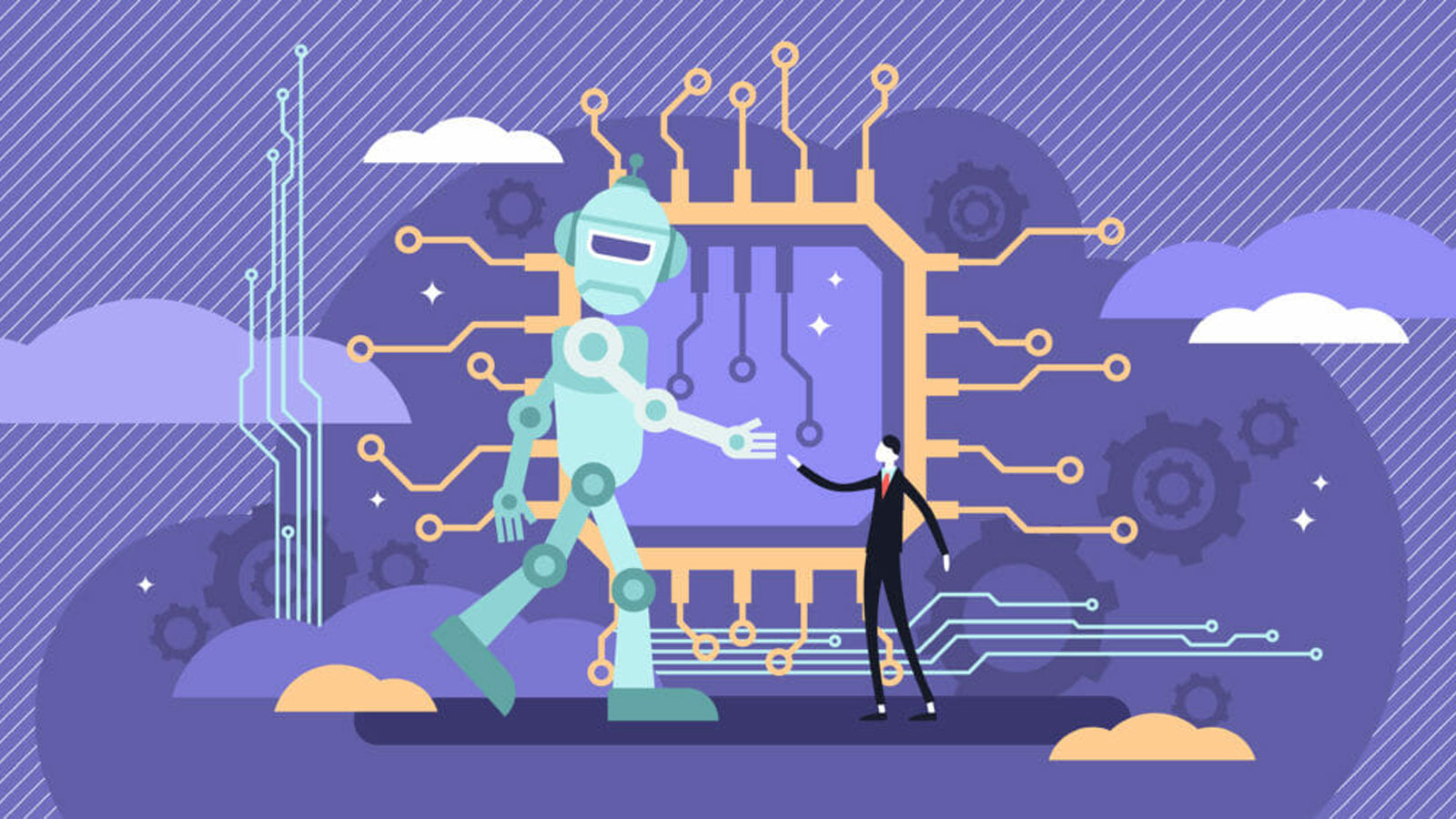The Ethical Implications of AI in Project Management

Artificial intelligence holds enormous potential to transform project management for the better by automating drudgery, enhancing insights, and optimizing workflows. However, as AI proliferates across the workplace, project leaders must also grapple with emerging ethical implications surrounding the technology’s use and effects.
Like any powerful technology, AI comes with inherent risks if deployed irresponsibly. Biased algorithms, unaccountable systems, and over-reliance on machines can lead projects astray and undermine human expertise. But through proactive efforts – AI ethics can and must be integral to modern project management.
In this article, we will shine a light on key ethical considerations when adopting AI as a project leader or organization. With deliberate planning and safeguards, project teams can harness AI for good while navigating the challenges ethically. Success means implementing AI both effectively and morally.
Preventing Biased and Flawed Algorithms
AI systems learn patterns from training data which means they can inherit human biases around race, gender, age, and more leading to discrimination. Additionally, flawed algorithms yield distorted and dangerous insights.
Leaders must ensure AI is trained on unbiased data sets and rigorously validated before acceptance. AI should augment human collaboration, not drive division.
Maintaining Accountability and Control
When AI systems become inscrutable black boxes, accountability dissipates. But project leaders must retain responsibility for all decisions, even if partly AI-driven.
Keeping humans in charge of planning and governance while restricting unfettered AI autonomy upholds responsibility. The buck stops with human leaders, not machines.
Protecting Employee Privacy and Agency
Projects often use AI to analyze productivity, sentiment, and job performance based on employee communications and work patterns. Leaders must be transparent about such tracking while allowing opt-outs to safeguard privacy.
Respecting worker voices in shaping AI-enabled processes preserves dignity while furthering buy-in. AI should empower teams, not control them.
Making Ethical AI Design Choices
Well-intended uses of AI can still lead to negative impacts if not holistically designed. Considering social, emotional, and community impacts alongside efficiency allows ethical foresight.
Teams should continuously weigh what is gained and lost from AI integration to guide morally-conscious adoption. A wise path forward considers all stakeholder concerns.
Enhancing Capabilities without Replacing Humans
AI works best complementing professionals, not supplanting them. When used to remove human roles and judgment, AI goes astray.
The technology should ultimately aim to elevate workers’ skills and potential. With the right approach, AI enables people to take project excellence even higher.
Avoiding Over-dependence on AI Guidance
Even powerful algorithms have limitations. Blind adherence to AI forecasts, predictions, and prescriptions erodes responsible leadership.
Project managers should leverage AI insights to inform rather than wholly dictate decisions. Human discretion based on experience, ethics, and context remains crucial.
Auditing and Testing AI Extensively
Rigorous testing safeguards against unintended errors and harms from algorithms. But real-world variability means even extensively tested AI can fail unexpectedly.
Continuously monitoring AI across projects and proactively searching for irregularities catches problems early. Intentional audits uphold safety and performance.
Communicating Transparently Around AI
Mystifying “black box” algorithms foster anxiety and distrust among teams. Maximum transparency around what AI is used for, why it was chosen, how it functions, and who oversees it spurs adoption.
Clear communication also allows identifying concerns early. Open AI dialogue builds comfort and collaboration.
Planning Carefully for AI Disruptions
Workforce disruption is inevitable as AI handles rote tasks. But the negative impacts of job losses require ethical mitigation. Strategies like transition assistance, upskilling, job rotation, and change management help responsibly navigate workplace AI transformation.
When workforce changes are deliberate and gradual, AI elevates workers to more rewarding roles.
Prioritizing AI for Broad Benefit
The most ethically defensible uses of AI solve meaningful problems for society, customers, and employees rather than solely boosting profits.
Leaders should steer AI applications toward expanding human potential, safety, creativity, efficiency, and opportunity for all. Benevolent AI promotes prosperity.
Conclusion
Frameworks like the UK’s spiraling model for ethical AI provide helpful guiding principles. But organizations must also customize policies and practices that align AI ethics with their values and culture. Ethics should permeate the AI lifecycle from planning to training to monitoring.
With care, foresight and humanity, project leaders can fulfill AI’s promise while navigating the risks. The project management field should be defined by harnessing AI, not being hijacked by it.
The true measure of responsible AI adoption will be realizing accelerated innovation and progress without compromising ethics or human dignity. If AI is implemented with wisdom, transparency and accountability, humans and technology can elevate each other to accomplish amazing things. Our future depends on AI ethics becoming inseparable from project excellence.